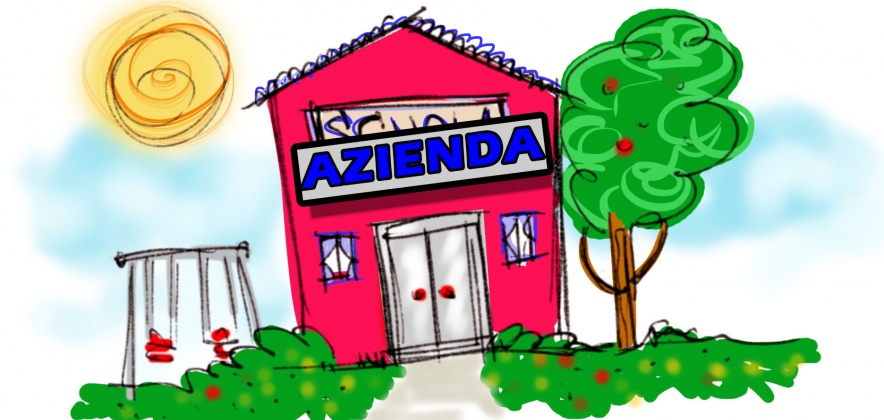
Abstract
The relationship between the educational system, the world of work and the territory becomes strategic, since in the information and knowledge society to be able to field an effective local (glocal strategy), active policies in the field education, training and lifelong learning are presented as an essential factor for structural development in the modernization process of the country. In this new perspective, the school-work alternance becomes an irreplaceable role, since the application of experience gained in the German model, that "force" the introduction of a significant innovation of teaching methods and lead to face the challenge of forming new technical and interpersonal skills. Ultimately, we should reverse the traditional epistemological approach and point to: "do not train more people for the job, but do the job training experience for the person."
 Classified "A" by ANVUR in the fields 11/D1, 11/D2 Scientific in the field 14.
Classified "A" by ANVUR in the fields 11/D1, 11/D2 Scientific in the field 14.







